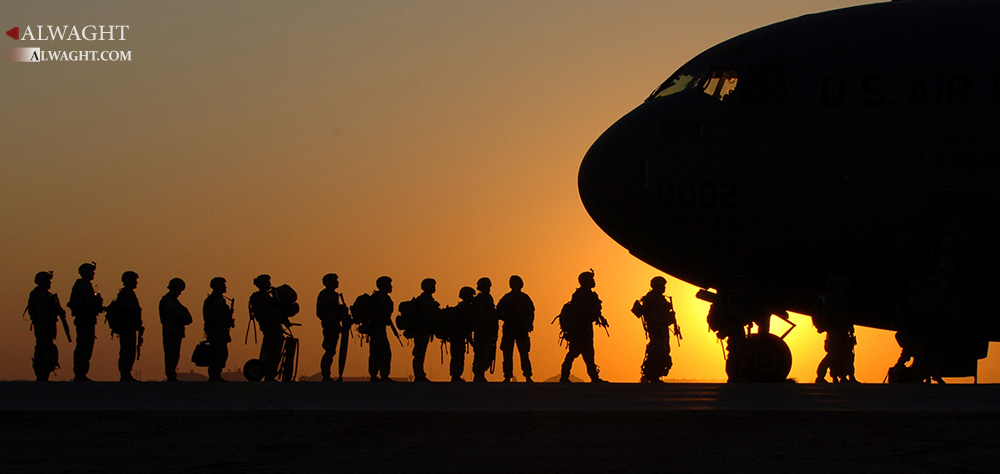Alwaght- Having consolidated their military role against terrorist groups, the Russians are taking the fight outside Syria. To be more precise, they have chosen to further engage in the diplomatic arena after announcing “mission accomplished.”
On Monday, Russian President Vladimir Putin said Moscow would withdraw the main part of its forces from its airbase in Latakiya, ending the anti-terrorism operation which was launched last September. Coincidently, UN-mediated talks resumed on the same day.
“I believe that the task put before the defense ministry and Russian armed forces has, on the whole, been fulfilled. With the participation of the Russian military … the Syrian armed forces and patriotic Syrian forces have been able to achieve a fundamental turnaround in the fight against international terrorism and have taken the initiative in almost all respects,” he added, “I am therefore ordering the defense minister, from tomorrow, to start the withdrawal of the main part of our military contingent from the Syrian Arab Republic,” Putin was quoted as saying.
At a time when terrorist groups such as ISIS and al-Nusra Front remain at large in Syria, critics claimed that Russia’s decision to withdraw its forces was rash and fell short of finishing off the terrorists’ presence.
However, from the point of view of analysts familiar with developments in Syria, Moscow’s decision came as a pre-emptive measure, to fend off possible attacks from Western countries and their regional allies.
While a ceasefire between the government and militants has been holding for almost two weeks, the West and its media outlets have claimed that Damascus has violated the truce. These claims can be seen as part of a plan to justify what has been dubbed “plan B”, should the ceasefire and ongoing negotiations fail to remove Syria from its quagmire.
Despite admitting Russia’s role in brokering the temporary agreement, US Secretary of State John Kerry spoke of a plan B which may involve military action if a political transition proves to be a let-down to a Senate committee last month. This plan B sounded more of a threat than a second option for a solution to the crisis.
“There is a significant discussion taking place now about a Plan B in the event that we do not succeed at the [negotiating] table,” Kerry said.
The Russians on the other hand don’t have a plan B simply because they are committed to plan A, which is finding a political solution to the crisis. In fact, their withdrawal is believed to be an attempt to avert further military intervention against the war-torn country.
One example that can be seen in this light, is Turkey’s invasion of northern Syria. Since Turkey is a NATO member, any confrontation with its forces could entail response from member countries and threaten further military escalation, which Syria cannot afford for the time being. Therefore, Russia is looking to exclude US-NATO pretexts to launch a ground military intervention in Syria.
Observing the setting of the announcement, the timing of the withdrawal is noteworthy. As the two sides returned to the negotiating table, Russia’s move was welcomed by Staffan de Mistura, the UN’s Syria envoy, as a significant development.
“We hope it will have a positive impact on the progress of the negotiations in Geneva aimed at achieving a political solution to the Syrian conflict and a peaceful political transition in the country,” he said.
Yet not only will its diplomatic implications be seen in the Geneva talks but also on the ground where Moscow’s forces will maintain their aid and cooperation program with Damascus in order to assist the Syrian army with the logistics needed to battle ISIS and al-Nusra while preserving the ceasefire.
Moreover, Russia’s bombing of terrorist positions across Syria for a little over five months has culminated with a declaration that stated its goals have been achieved for the most part. This means that the Russians were able to do what the US and its allies haven’t been able to do in a matter of months, clearly a slap in the face of Washington.



























